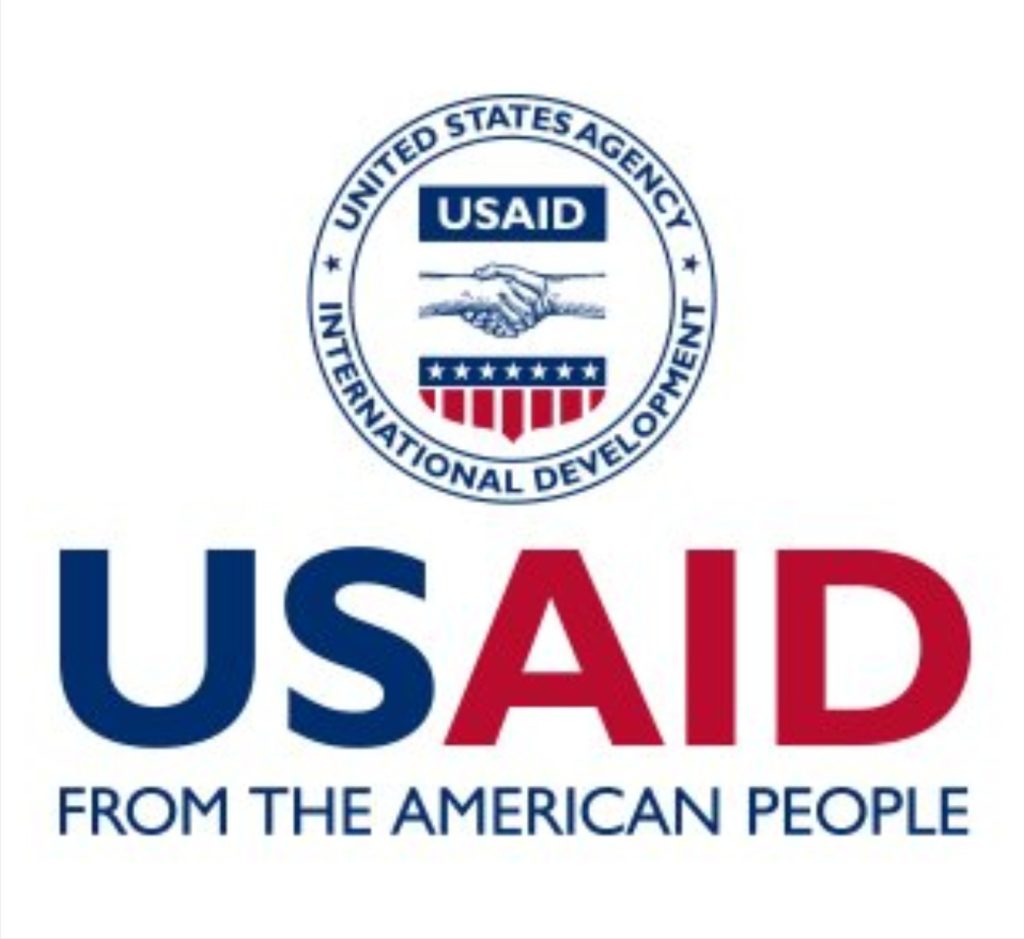The sudden 90-day suspension of USAID support to Liberia has ignited a critical discourse on aid effectiveness and dependency. Liberia, a long-standing US ally and one of the world’s most aid-dependent nations, relies heavily on USAID for support across various sectors, including healthcare, education, infrastructure, and governance. This abrupt withdrawal threatens to destabilize crucial services and jeopardize the well-being of millions of Liberians, highlighting the precarious nature of aid-driven development. While the Liberian government acknowledges the setback, it also expresses a cautious optimism about the nation’s capacity to adapt and explore alternative avenues for development financing. This predicament underscores the ongoing debate about the efficacy and long-term implications of foreign aid.
The effectiveness of foreign aid has been a subject of ongoing debate, with critics like Dambisa Moyo arguing that it fosters corruption, dependency, and economic distortion. Despite substantial aid inflows since the end of its civil war in 2003, Liberia has witnessed limited progress in infrastructure and human resource development, prompting questions about the root causes of this stagnation. The argument posits that aid can inadvertently hinder the development of self-sustaining economies and erode local policy autonomy. Conversely, proponents emphasize aid’s potential to address immediate needs and promote long-term growth, particularly in fragile states emerging from conflict. Liberia’s experience provides a compelling case study for examining this complex dynamic. Despite vast natural resources, including recently discovered mineral reserves, Liberia has struggled to translate this potential wealth into tangible development outcomes. Mismanagement, corruption, and opaque governance have contributed to this paradox, prompting comparisons to the “Dutch disease,” where resource inflows weaken broader economic competitiveness.
The suspension of USAID support brings into sharp focus the critical issue of governance in Liberia. The nation’s persistent struggles with accountability and transparency have been a long-standing concern for international partners. Accusations of corruption and the misallocation of resources, both within the government and the aid sector, have undermined development efforts and eroded public trust. The exploitation of Liberia’s natural resources, including oil, further exemplifies this challenge, with allegations of nepotism and rent-seeking preventing revenues from benefiting the broader population. Addressing these deep-seated governance deficiencies is paramount for Liberia to effectively utilize its resources and move towards a more sustainable development trajectory.
The USAID suspension presents a pivotal moment for Liberia to re-evaluate its development model and move beyond aid dependency. Implementing a “Big Push” strategy that focuses on internal resource mobilization, economic diversification, and good governance is essential. This includes strengthening local economies, promoting public-private partnerships, and empowering local governments. Leveraging traditional and informal justice mechanisms can enhance access to justice and promote social cohesion, particularly in rural communities where state presence is weak. Finally, fostering greater engagement with the Liberian diaspora can unlock potential for development investments and shared responsibility in nation-building.
The changing global aid landscape, characterized by a shift towards trade-based partnerships and a decreased emphasis on traditional aid, further necessitates a strategic recalibration of Liberia’s development approach. The U.S. government’s emphasis on “America First” and the promotion of trade over aid underscores this evolving dynamic. This presents an opportunity for Liberia to strengthen regional partnerships with organizations like ECOWAS and the African Development Bank, explore alternative funding sources, and prioritize trade and investment opportunities. The aid suspension, while disruptive in the short term, may ultimately serve as a catalyst for Liberia to embrace a more self-reliant and sustainable development path.
In conclusion, the USAID suspension serves as a wake-up call for Liberia to confront its governance challenges, diversify its economy, and reduce its reliance on foreign aid. This requires a concerted effort to promote transparency, accountability, and good governance in all sectors. By strengthening local institutions, empowering communities, and engaging with the diaspora, Liberia can foster a more resilient and inclusive development trajectory. This pivotal moment presents a unique opportunity for Liberia to forge a new path towards sustainable development and self-sufficiency, ultimately leading to a more prosperous future for all its citizens.


